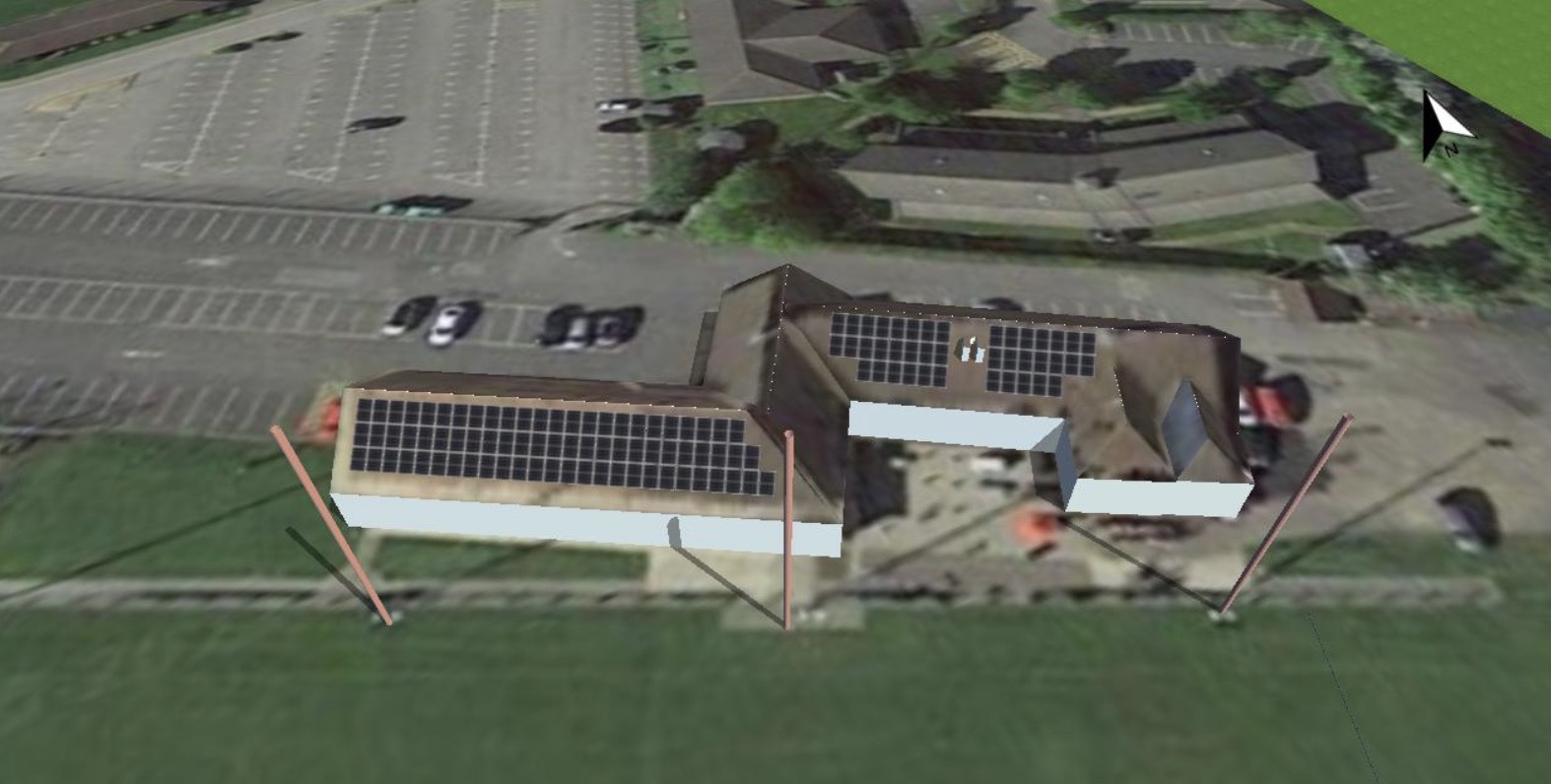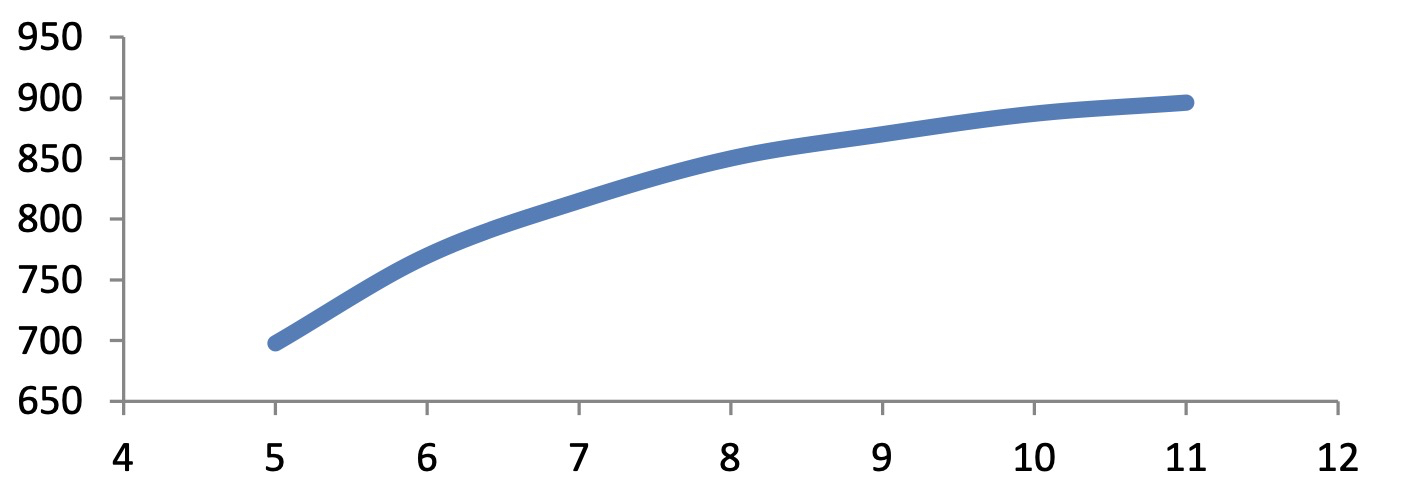Net to Protect Against Rugby Ball
Last updated at
Rugby fields can place solar panels in harms way.
UK rugby teams have started investigating use of barrier nets from www.solarnets.com at the practice fields.

The engineering review team of SolarNets is defining a proposed solution. Below are the key factors being assessed.
Size and weight of rugby balls vary, but the worst case seems to be the adult size 5 ball. It weighs approximately 1 kG, or 2.2lbs. Some practice balls are made intentionally heavier.
The energy and velocity of a kicked rugby ball varies depenging on the physical attributes of the ball, such as surface area, inflation, and air resistance. Flight is effected by the force of a kick and the falling angle.*

The above chart shows the average Energy(joules) for a drop-punt kick versus ball inflation(psi).
The highest reported inpact energy for a spinning ball was 2300(N). Typical falling velocity is 13.4M/s (30mph).
Comparison of energy levels for vairous projectiles
- Hail stones only falls at speed between 25-40mph, and weighs o.26-oz. Energy is 1.26 joules
- Golf Balls fall at 72mph, and are 1 3/4 inches diameter, weighing 1.6-oz. Energy in a golf ball is 71.6 joules. It is tremendously higher due to the rate of spin. Golf balls are designed to spin in order to travel further.
- Baseballs fall at 74mph, and are 2.75 inches in diameter, weighing 5.25-oz. Energy in a baseball is 225 joules.
- Rugby balls fall at 30mph, and are 10.8 inches in long, weighing 2.2lbs. Max average energy in a rugby ball is 900 joules.
Protective solar nets should include underlying support wires spanning between the net support brackets(shown below).

Given the wide variation in energy levels, and the range of magnitude of energies, it will be difficult to ensure no damage will occur from a high energy impact of a rugby ball. Likewise, it is clear, protective nets will provide significant dissipation of energy of a falling ball, and therefore will afford degree of protection. Most impacts should not result in panel breakage.
*Reference: https://www.physicsforums.com/threads/velocity-calculation-of-kicked-rugby-ball.846698/